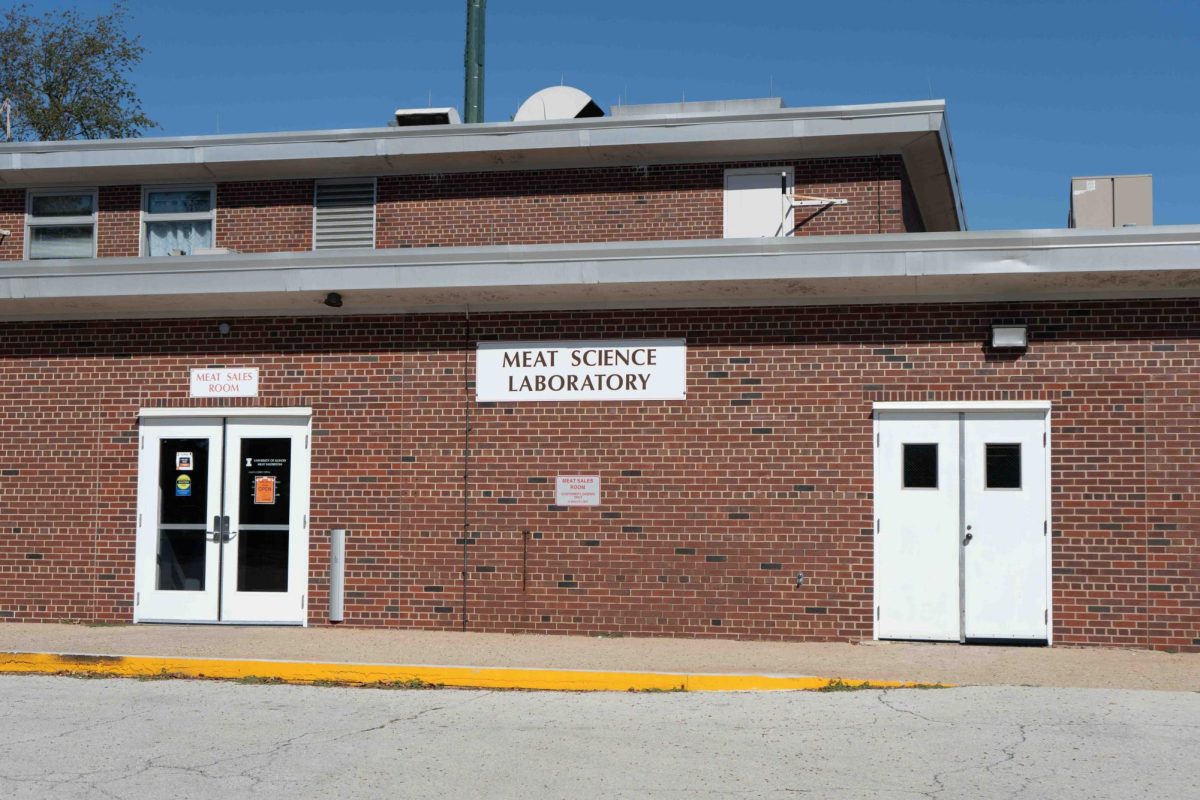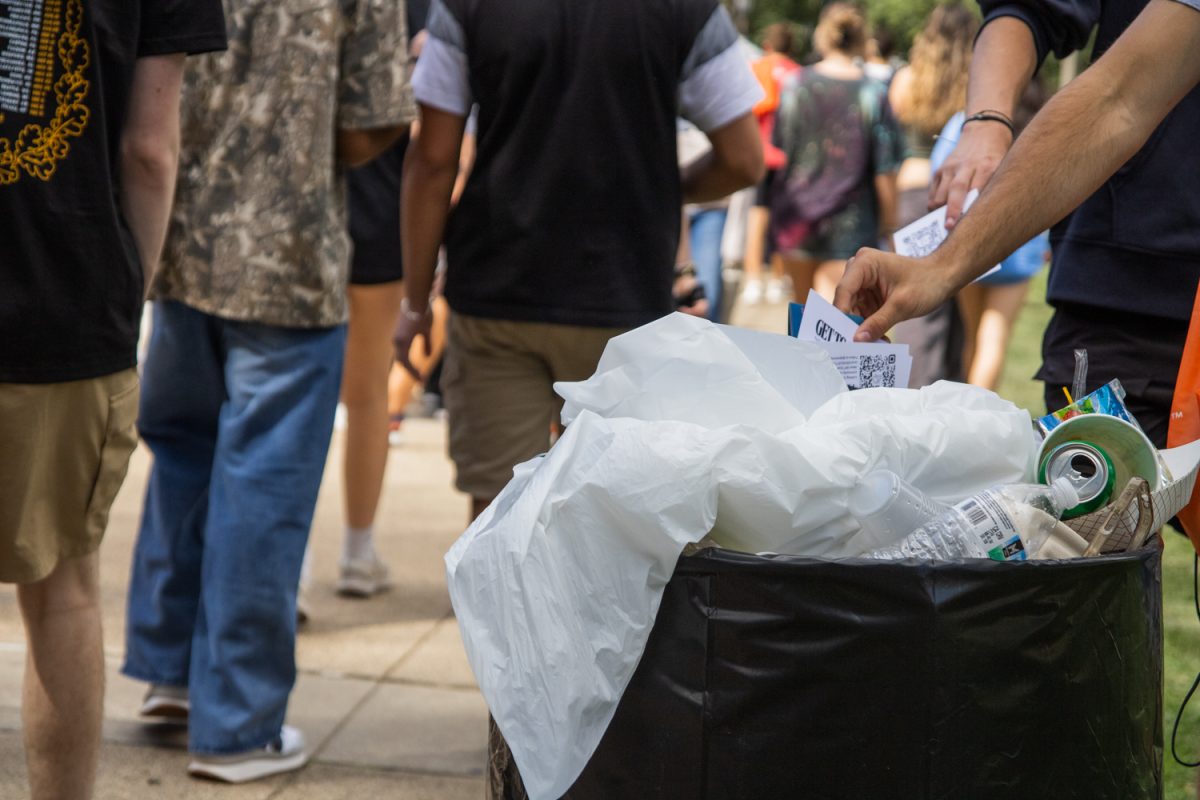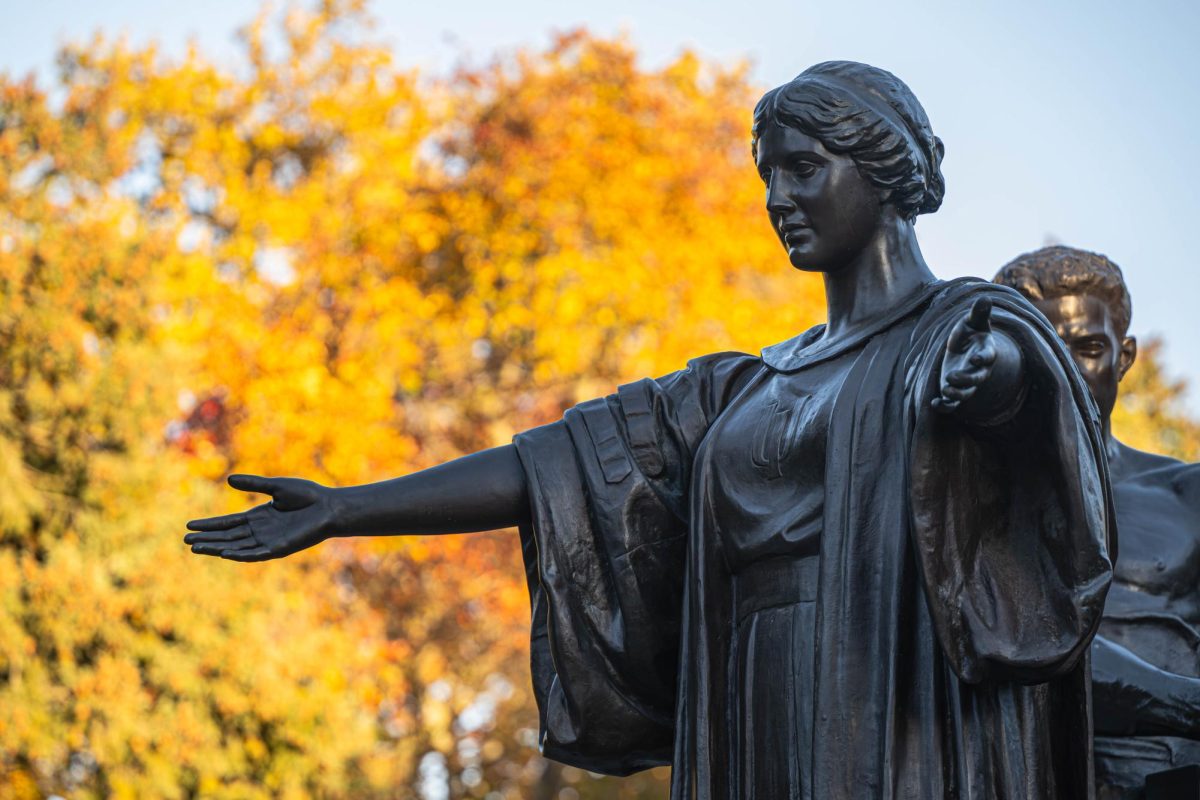Bruce’s guardian describes his personality with one word: “big.” I have only ever seen him online, but I have to agree. These days, he spends his time swimming around and playing with his best friend Willow. It’s heartwarming, but his past is tragic.
Bruce is a duck, and his story begins on Reichardt Duck Farm in Sonoma County, California. From 2018 to 2019, activists with the group Direct Action Everywhere documented criminal animal cruelty at Reichardt and multiple other animal farms in Sonoma.
They reported these offenses to law enforcement, but notoriously unresponsive officers never showed up. So, like many pedestrians encountering a dog trapped in a hot car, they rescued the animals themselves.
Activists saved over 30 ducks from Reichardt, including Bruce, and dozens of chickens from McCoy Poultry and Sunrise Egg Farm. They got the animals veterinary care and retired them to sanctuaries. They recorded the conditions of the farms and shared them online and with the media. It is a form of direct action they call “open rescue.”
Police charged the rescuers with several offenses. The trial started this year on Sept. 8, and the defendants welcomed it. They see it as an opportunity to change the way animals are regarded under the law.
Get The Daily Illini in your inbox!
Science tells us animals are conscious beings. Most of us already know this. It’s time for the law to act accordingly, and juries agree. In two recent trials, courts unanimously ruled that animal rescue is not a crime. If animals can feel, they can suffer, and there is nothing criminal about helping someone escape suffering. Activists are using these cases to change the official interpretation of animal law.
Open rescue doesn’t just win legal victories — it raises larger societal questions about how animals ought to be treated. If animals have a right to be rescued, should we even allow them to be exploited or killed in the first place?
That question is one we should be asking here in Champaign-Urbana, where the University of Illinois uses animals for slaughter, experimentation and horse racing. USDA reports show neglect, abuse and death plague the labs and farms in Campustown. These trials are a chance to reevaluate our treatment of animals and change our ways.
Powerful interests don’t want us to do that. Reputation is important to animal-using industries — it’s a big reason consumers buy their products. It makes sense they would want to hide what really happens in their facilities. But money isn’t the only reason people avoid the issue.
Some people might avoid this issue because it triggers guilt. Others may be indifferent. Often, we are conditioned to think animal victims do not matter. But when violence is profitable — whether hidden or normalized — it does not become less harmful. It just goes unchecked, claiming more victims. If we want a more peaceful world, we must oppose that violence. That begins by talking about it.
This unchallenged violence is more deserving of our attention.
I encourage everyone to follow the Sonoma County trial. Spread awareness. Follow @sonomatrial on Twitter. Get active for animals by following @directactioneverywhere or @champaignurbanadxe on Instagram. To support legal protection for the right to rescue animals, visit righttorescue.com.
Want to send a letter to The Daily Illini? Submit a letter through this form. Note that we reserve the right to edit for AP style formatting or reject any contributions.








